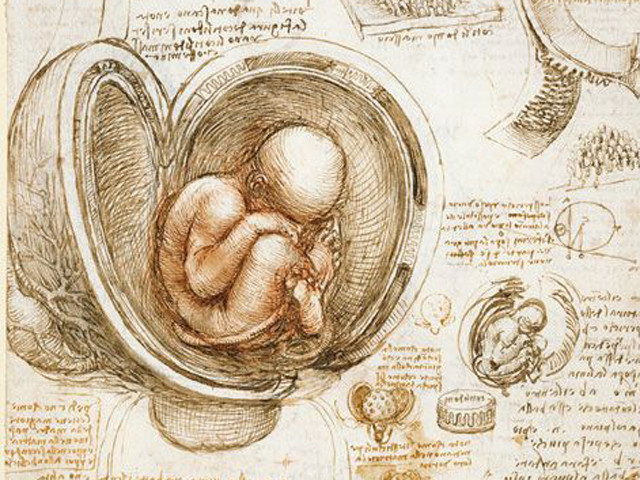The notion of modernity highlights the novelty of the present as a rupture with the past, opening into a swiftly approaching and future. It is associated with the ideas of innovation, industrialization and secularization. However, modernity is opposed to the ideas of antiquity, the conventional and traditional. It is a never ending process of internal ruptures and fragmentations within itself.
With the augmentation of modernity, there has been a rise in new modes of thoughts and an alteration in consciousness. This has led to a materialistic, ecologically degenerating environment which is on the verge of destroying values. This has undermined our fundamental beliefs and affected every day behaviour.
In the industrial age, technology played an important role in transforming consciousness. Work was designed to be repetitive and employees were considered robots. Each worker, as each product they produced, had a substitute; hence they had to work to their highest capacity in order to not be replaced. Workers internalized their work into their consciousness. They believed the world was more competitive than it actually was. This belief affected their daily lives.
As industrial society is advanced, transformation of consciousness affects every day life. Elements of consciousness that are intrinsic to technological production are transposed to areas of social life that are not directly connected with production. In so-called developed or advanced industrial societies, these carry-over effects are massive. It is not necessary to be engaged in technological work in order to think technologically.'
Rural or small scale societies exhibit rational, emotional integration of economics, religion, work, and play which are crucial for comprehending the human condition. Despite a traditional essence, consumption based milieu prevails. We fanatically consume things on credit, wasting our resources and annihilating nature. This all seems rational to us as this is the way things are. The belief system we follow has a fatalistic attitude which argues that there is no tomorrow, we live for today and consume and own everything we possibly can.
Growth of cities and their structure is normally what we perceive when thinking about a modern society. This change in structure has resulted in a fast paced society, based on the ideology of extreme competitiveness and how “time is money.” This attitude promotes behaviour which is efficient but not necessarily right. We can say that the need to be efficient, has made us sacrifice basic niceties or stimulating conversations. To further enhance this, our discussions usually focus on work and work-related purposes, ignoring any other issues that can be used to connect members of a society or raise awareness.
Modernity is associated with the progression we see in society today; the advancements of technology, economies, and even population have all played a role. These advancements play an extremely important role in our lives, hence it is no surprise that modernity has transformed consciousness from what it was previously, to what it is now.
A transformation in consciousness
The belief system we follow has a fatalistic attitude which argues that there is no tomorrow, we live for today and consume and own everything we possibly can.



COMMENTS
Comments are moderated and generally will be posted if they are on-topic and not abusive.
For more information, please see our Comments FAQ